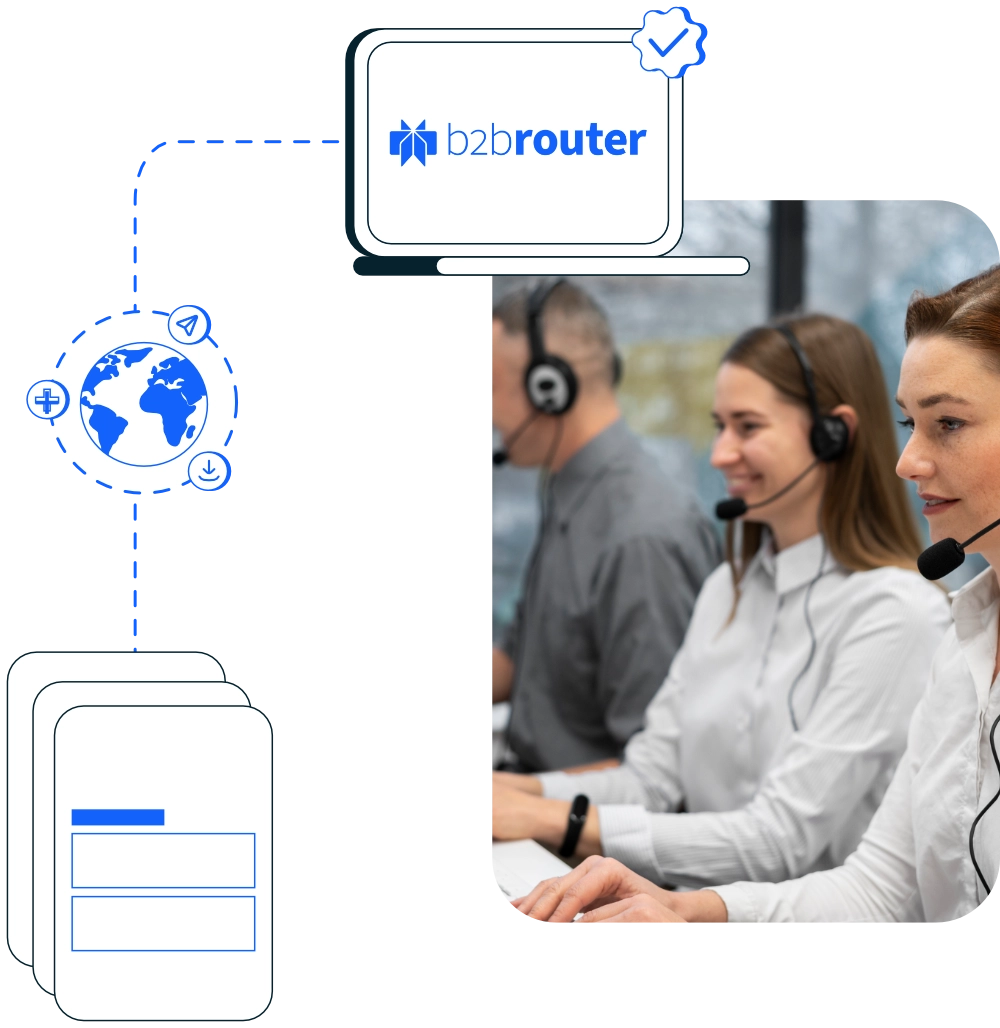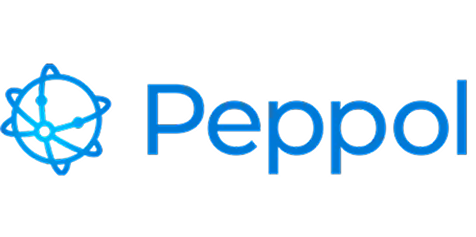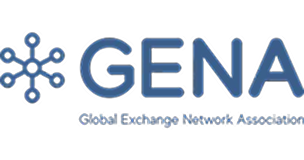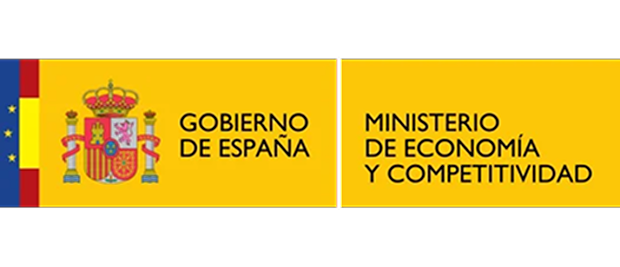Malaysia is undergoing a nationwide transition to mandatory e-invoicing, led by the Inland Revenue Board (IRBM). The rollout began in August 2024 and follows a phased timeline based on annual turnover thresholds, continuing through January 2026. All types of transactions—B2B, B2C, and B2G—are included in this mandate, making it essential for businesses operating in or with Malaysia to understand the requirements.
The core of the new system is MyInvois, the IRBM’s official platform for invoice validation. Before an invoice can be sent to a customer, it must first be submitted to MyInvois for real-time validation. Once approved, the platform returns a Unique Identifier Number (UIN) and a QR code, which must be attached to the final invoice shared with the buyer. Accepted formats include XML and JSON, structured according to the UBL 2.1 standard. This entire process—from generating to validating and delivering the invoice with its QR code—can be simplified and automated through B2Brouter, which handles all steps in seconds.
This guide outlines the key phases, required formats, and compliance procedures that businesses must follow under Malaysia’s new e-invoicing system.
Important dates
1 July 2025
Mandatory for businesses with RM500,000–25 million turnover, across B2B, B2C, and B2G activities.
1 January 2026
Final rollout phase covers businesses with RM150,000–500,000 turnover, for all transaction types.
Legislation
- B2G invoicing status
E-invoicing is mandatory for B2G transactions, as part of Malaysia’s phased rollout for all transaction types.
- Accepted formats:
Invoices must be issued in XML or JSON, structured according to the UBL 2.1 standard set by the IRBM.
- Delivery channels
Invoices must be submitted to the MyInvois System via the official portal or through API integration. B2Brouter provides secure connectivity.
- Regulating authority
The e-invoicing mandate is overseen by the Inland Revenue Board of Malaysia (IRBM).
- Archiving requirements
E-invoices must be stored digitally for a minimum of 7 years. B2Brouter ensures easy access for audits and compliance checks.
- Validation process
Every invoice must be validated in real time by MyInvois. A Unique Identifier Number (UIN) and QR code are issued for inclusion in the final invoice.
Mandatory fields
Each e-invoice must contain 55 mandatory fields including buyer/seller details, item descriptions, tax breakdowns, and payment data.
Transaction scope
The obligation will cover B2B, B2C, and B2G transactions, regardless of sector.
Exemptions
Companies with annual turnover below RM150,000 are currently exempt from the e-invoicing mandate.
Send e-invoices to Malaysia securely with B2Brouter
Direct connection to MyInvois
Submit e-invoices in real time through a secure and certified platform to Malaysia’s Myinvpis. Fully compliant with Malaysia’s mandatory formats.
Cross-border invoicing made simple
Connect with global partners using Peppol. Easily issue and receive structured invoices for international clients, in line with Peppol and UBL standards.
Automatic QR and UIN integration
B2Brouter handles validation with MyInvois and attaches the required QR code and UIN to each invoice instantly.

Certifications
B2Brouter is certified with the ISO 27001 standard on information security management, certified as a Peppol Access Point Service Provider and a member of the EESPA.





